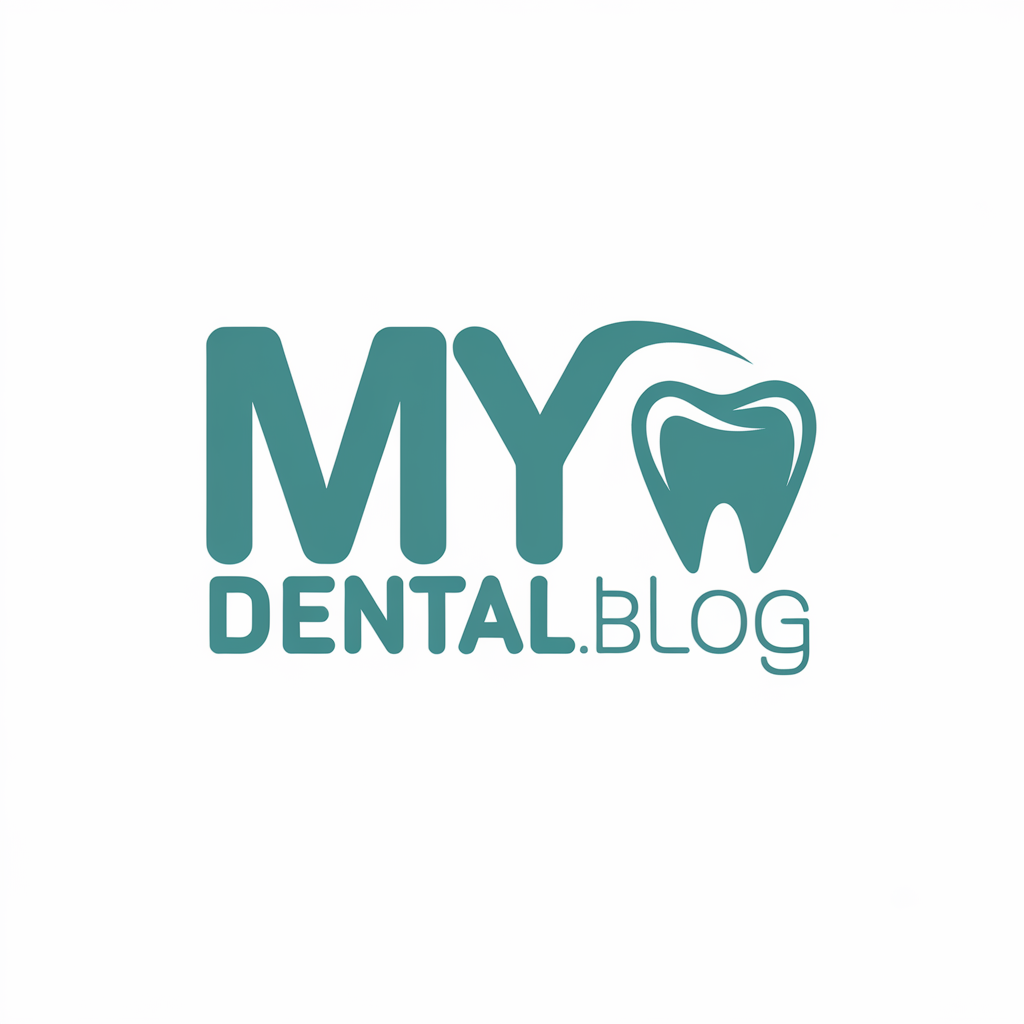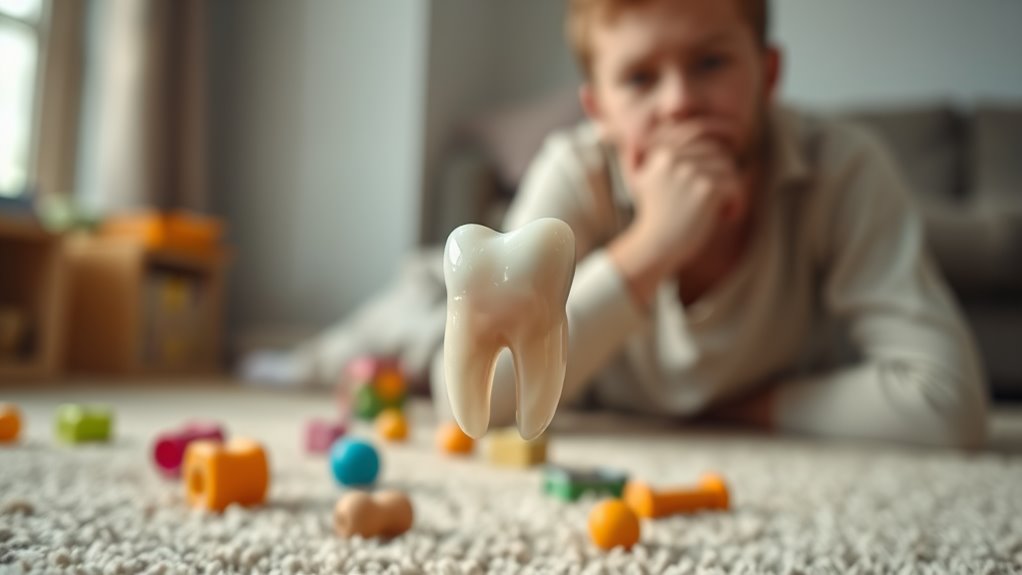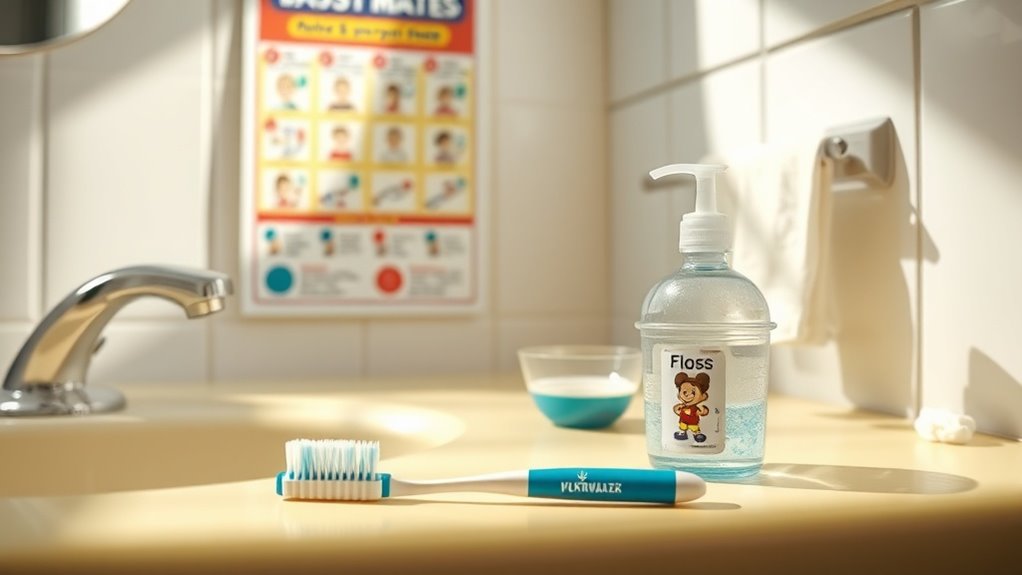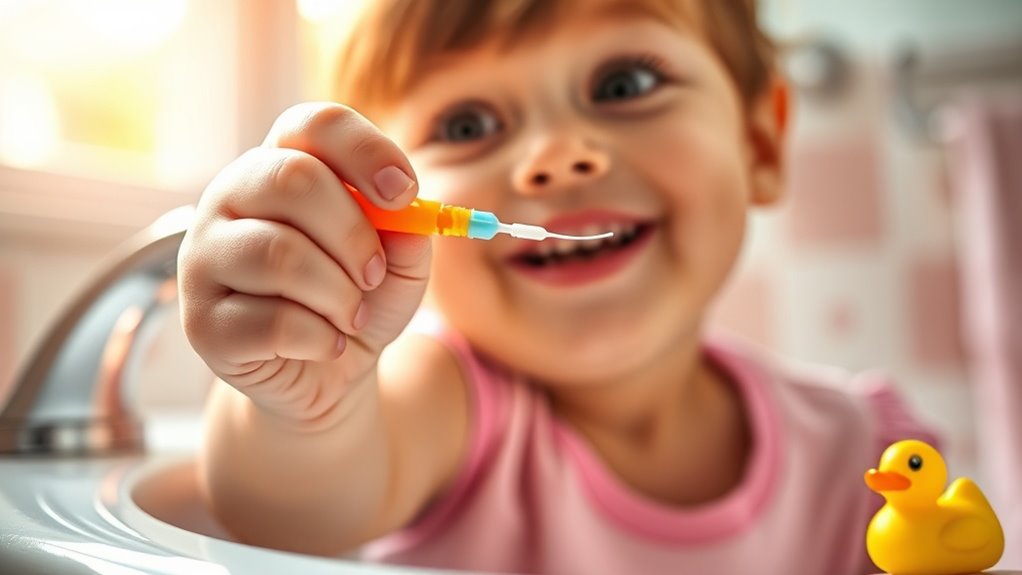Baby Teeth Don’t Matter. The Dangerous Myth Parents Believe!
You might think baby teeth are just placeholders, but that misconception can lead to serious consequences. These temporary teeth play a vital role in your child’s oral development, impacting everything from speech to nutrition. Ignoring their care can result in painful cavities and alignment issues that affect your child’s confidence. Understanding the real importance of baby teeth is crucial for long-term dental health. So, what should you know to protect your child’s smile?
The Importance of Baby Teeth in Oral Development
Although baby teeth may seem temporary, they play a crucial role in your child’s oral development. These little teeth help shape your child’s mouth, guiding the proper alignment of permanent teeth. By providing a foundation for adult teeth, baby teeth importance can’t be overstated.
They also help your child speak clearly and chew food, making them essential for nutrition and communication. Additionally, healthy baby teeth are key for thriving in communication and nutrition. When your child loses a baby tooth too early, it can lead to issues like misalignment and overcrowding later on. It’s vital to encourage good dental hygiene habits from an early age, as this sets the stage for a lifetime of healthy smiles.
Common Misconceptions About Baby Teeth
Many parents hold misconceptions about baby teeth, thinking they don’t require much care since they’ll eventually fall out. This belief can lead you to underestimate their importance.
Baby teeth play a crucial role in your child’s overall health and development, including speech and nutrition. You might think that since they’re temporary, cavities don’t matter, but neglecting them can lead to pain and infection.
Another common myth is that brushing isn’t necessary until all adult teeth come in. In reality, starting a good oral hygiene routine early sets your child up for a lifetime of healthy habits.
It’s also a misconception that all kids will naturally lose their baby teeth without any issues. Early dental visits are essential to catch problems before they escalate.
The Consequences of Neglecting Baby Teeth
Neglecting baby teeth can lead to serious consequences that extend beyond just oral health. You might think they’ll fall out anyway, but the truth is, neglect can affect your child’s overall well-being.
Here are some potential consequences:
-
Impact on Speech Development: Misalignment from cavities can hinder your child’s ability to pronounce words clearly.
-
Increased Risk of Cavities in Permanent Teeth: Baby teeth act as placeholders; if they’re damaged, permanent teeth can come in crooked or crowded.
-
Pain and Discomfort: Untreated decay can lead to infections, causing pain that interferes with your child’s daily activities.
-
Low Self-Esteem: Visible decay or missing teeth can make kids self-conscious, affecting their confidence and social interactions.
Taking care of those little teeth now lays the foundation for a healthier, happier future. Additionally, poor oral health can complicate other health conditions, such as diabetes, emphasizing the importance of maintaining dental hygiene.
Prioritizing their dental health means you’re supporting their overall growth and development.
Establishing Good Dental Habits Early
Establishing good dental habits early is crucial for your child’s long-term oral health, as it sets the stage for a lifetime of healthy teeth and gums.
Start by making brushing fun! Use a colorful toothbrush and play their favorite song for two minutes while they brush. This turns a mundane task into a bonding experience.
Introduce flossing as soon as those little teeth start to touch. You can even make it a game—who can floss the most teeth?
Regular dental check-ups are essential, too. Show your child that visiting the dentist is a normal, even exciting part of life. Regular dental visits are important for early problem detection and help in promoting lifelong oral health.
Finally, model good habits yourself. When they see you brushing and taking care of your teeth, they’ll want to join in.
How Parents Can Support Their Child’s Dental Health
As your child develops good dental habits, your role as a parent becomes increasingly important in supporting their ongoing dental health. Here are some effective ways you can help:
-
Establish a Routine: Encourage brushing twice a day and flossing daily. Making it a fun part of their day fosters a sense of belonging.
-
Lead by Example: Show your child that you prioritize your own dental care. When they see you practicing good hygiene, they’re more likely to follow suit.
-
Choose Healthy Snacks: Offer nutritious snacks instead of sugary treats. This not only promotes their dental health but also helps them feel included in family meal choices.
-
Regular Dental Visits: Schedule routine check-ups together. Let them know these visits are a normal and important part of staying healthy. Early intervention can help prevent more complex treatments down the road.





